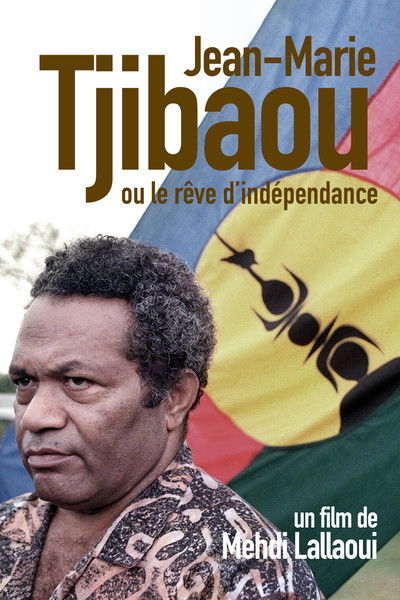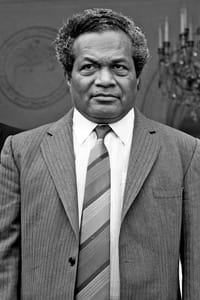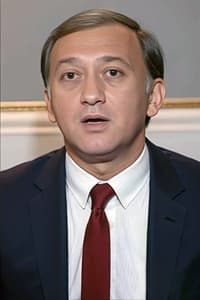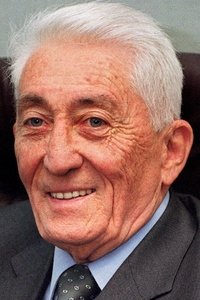Jean-Marie Tjibaou ou le rêve d'indépendance
Genres
Documentary
OverView
Through the commitment of Jean-Marie Tjibaou, this documentary traces the history of the march of the Kanak people in search of their independence. Between the raising of the Kanak flag in December 1984 and the funeral procession of the independence leader assassinated by one of his own on the island of Ouvéa in May 1989, there were years of struggles, dramas, palaver, hopes, of which Jean-Marie Tjibaou was one of the main actors. Will France be able to win the bet of a smooth decolonization of one of the last confetti of its empire? The authors meet the main protagonists of the "Tjibaou years", which were those of the Kanak people's dream of independence.
Others
Budget
$--
Revenue
$--
Status
Released
Original Language
French
Runtime
58 mins
Rating
10/10
Release Date
01 January 2000
Country
France





